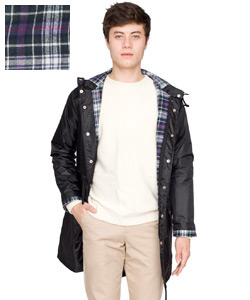On Friday, I challenged you to log all of your purchases, and pay attention to the country of origin. For me, this was not a shopping filled weekend. However, it was full of food and beverages.
Friday night, I enjoyed a meal at a local chain. Of course, the menu said nothing about where the food came from. Saturday, I dined at a French restaurant. My food was from the U.S., but the house wine was made in France. The list of American wines was lacking.
Sunday’s lunch was the same as Friday’s dinner. I’m assuming my food originated from the States. However, the menu lacked country of origin information, I’m not sure.
This lack of information made me start thinking about food guidelines. Recently, the State of California enacted legislation requiring restaurant chains of a certain size to post nutritional information on their menu. The State should expand this legislation to include country of origin information for meats and poultry.











